Our State, Our Work
Presenters
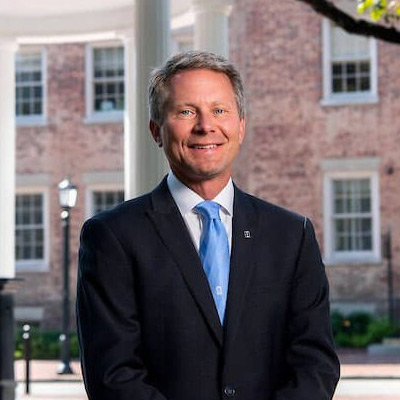
Kevin M. Guskiewicz, a neuroscientist, academic leader and concussion researcher, is the 12th chancellor of the University of North Carolina at Chapel Hill. Prior to his appointment as chancellor, Guskiewicz served as the interim chancellor from February 2019 until December 2019. In that role, he held over 25 listening and learning sessions with constituents across campus. He was instrumental in shaping Carolina’s new strategic plan, Carolina Next: Innovations for Public Good that outlines a roadmap for the University’s priorities moving forward.
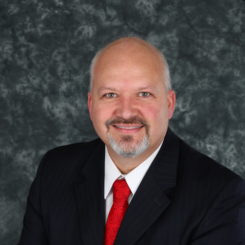
Dr. Jeff Cox currently serves as President of the North Carolina Community College System. Previously, he was the President of Wilkes Community College, a position he held since July 1, 2014. Prior to that appointment, Dr. Cox was Superintendent of Alleghany County Schools for almost nine years. He served as Assistant Superintendent of Curriculum & Instruction for Lee County Schools. Dr. Cox was an elementary principal and assistant principal in Union County Schools. He began his career in education as a high school teacher and coach some 27 years ago.
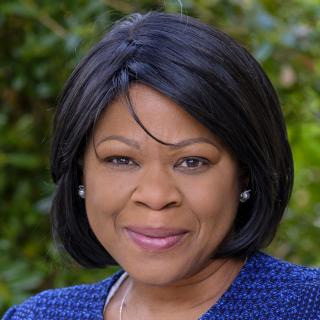
Anita Brown-Graham is the founder and director of the ncIMPACT Initiative at the UNC School of Government. This initiative seeks to expand the School’s capacity to work with public officials on complex policy issues including economic mobility, the expansion of prekindergarten, and extending the labor pool. In 2020, she was named the Gladys Hall Coates Distinguished Professor of Public Law and Government at the School.
Anita previously taught at the School from 1994 to 2006, specializing in governmental liability and economic development aimed at revitalizing communities. Anita served as director of the Institute for Emerging Issues (IEI) at NC State University from 2007-2016, where she led efforts to build North Carolina’s capacity for economic development and prosperity, working with business, government, and higher education leaders from across the state.
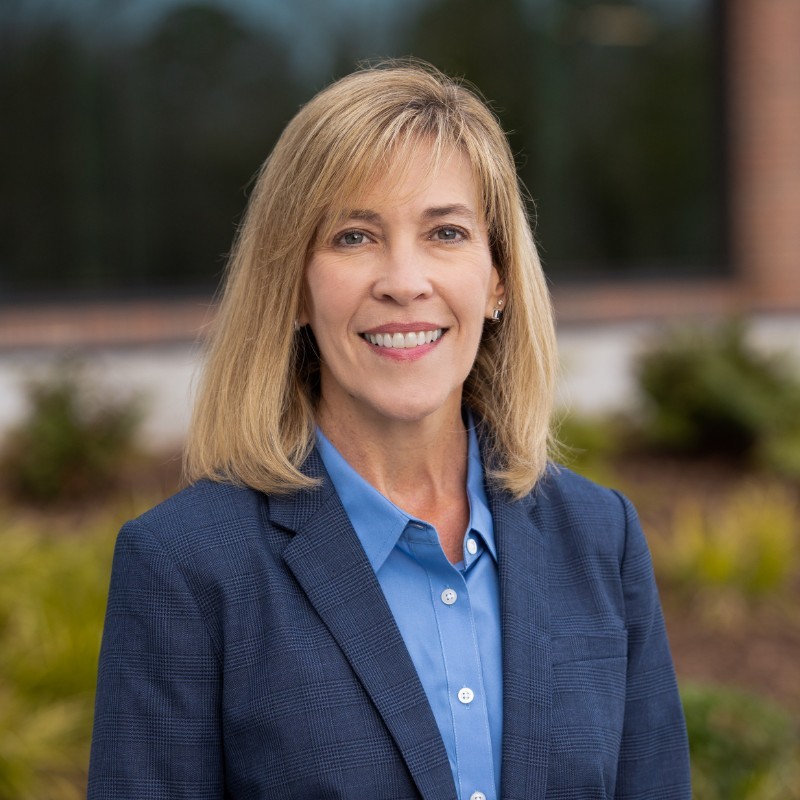
Angela Boykin is the Chief Executive Officer of Healthy Blue and VP, Government Markets: Engagement, Integration & Innovation, Blue Cross NC. Boykin has more than 30 years of health care experience in commercial and government operations, including working with state and federal regulators managing complex contracts and programs. She has been at Blue Cross NC since 2004 and has been instrumental to Healthy Blue’s success, working on the company’s Medicaid plan even before the plan’s launch in 2021. Boykin also leads engagement at the county level across Blue Cross NC’s government lines of business, guiding relationships with local leaders as well as faith-based and tribal organizations to understand local needs and develop tailored solutions.

Philip Cooper is a Western North Carolina Native and an accomplished reentry expert, criminal justice reform advocate, and regional change agent. He is the Workforce Equity Advocate at the Land of Sky Regional Council, Practitioner-in-Residence at NC State University’s Institute for Emerging Issues, and the Executive Director of Operation Gateway.
He is the founder of Voices of Affrilachia, which is a state-funded initiative that is addressing the mental health stigma in the Black communities of western North Carolina. Philip believes that those closest to the problem are the closest to the solution and this is why he is fully committed to teaching people how to leverage their lived experience to change the world. He is an MLK Service Award Recipient, Appalachian Leadership Fellow, in addition to being a Leading with Conviction graduate with JLUSA. He serves on the Juvenile Crime Prevention Council and is the Chair of the Just Economics of WNC Board of Directors.

Rick Brown, SVP, Bank of America, Leader on Loan, Director of Private Sector Supports for ncIMPACT team. In addition to serving the needs of various bank client segments, I have spent my career working in the community, serving on boards and volunteering for organizations such as Big Brothers Big Sisters, the Emily K Center, Made in Durham, and various youth sports organizations to develop an understanding and empathy for challenges facing our youth. One of Bank of America’s key community and philanthropic priorities is jobs and workforce development to promote economic mobility.
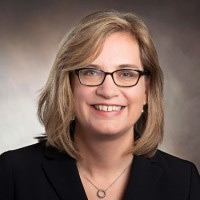
Cynthia has 25 years of experience as a public policy and education professional. She engages with partners on policy and strategy development, research & writing, and implementation projects that improve postsecondary access, completion and workforce relevance.

Marcella Middleton (she/her) based in Durham, North Carolina is a connector, motivator, and survivor. Determined to challenge the stereotype that “people mostly do what they see and not what they hear”, Marcella dedicated her life to traditional ideas of success such as school and a career. It is through personal and professional experiences that Marcella has gained the confidence and knowledge to challenge society’s ideals of success. Her evolution through consistent adversities has shifted her values which empowers greater self awareness and awareness of the world around her.
Marcella is a Black mom, daughter, sister, aunt, and friend fighting everyday for freedom, equity, and protection for herself and those just like her. Marcella is book smart, street smart, and everything in between. She has a degree in Social Work and has advocated for 15 years for youth in foster care and other nontraditional living arrangements. Marcella’s advocacy started in 2005 at an organization called Sayso where she advocated, mentored, and worked on behalf of youth that are or have been in substitute care. After being introduced to the work in 2005 she went on to continue work as a social worker, social work trainer, and member of Hope Centers Board of Directors. Her work on the National Forum on Homelessness empowered Marcella to center her lived experiences to help guide the transformation of the youth homelessness system.
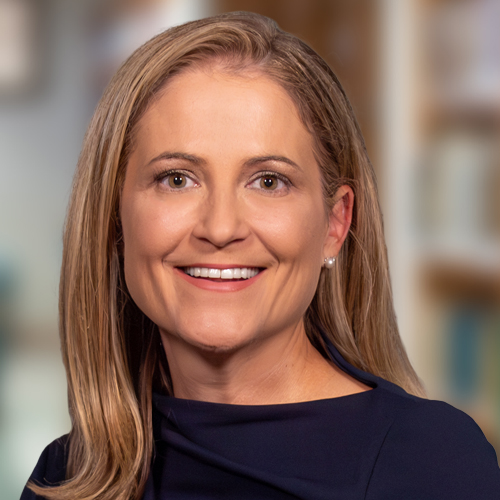
Laura Ullrich is a senior regional economist at the Charlotte branch of the Federal Reserve Bank of Richmond. Previously, Ullrich was associate dean for undergraduate programs and a professor of economics at Winthrop University. She earned a bachelor’s degree in economics from the University of Georgia and a master’s and doctorate in economics from the University of Tennessee.
Prior to graduate school, she worked as a business consultant for Ernst & Young, specializing in executive compensation determination. In 2014, she served as a Fulbright Scholar teaching economics in Kosovo and has spent considerable time working on local economic development issues in Bolivia.
Ullrich’s research interests include higher education, school finance reform, local and state level tax and expenditure analyses, and the economic impact of local development. Ullrich is a member of the Aspen Institute Global Leadership Network via the South Carolina Liberty Fellowship. She is also an active member of her community, currently serving on the Executive Committee of the Charlotte Regional Business Alliance and the board of the Catawba Regional Council of Governments. She also serves on the board of Family Promise of York County and the Carolina Immigrant Alliance.

Dr. Nathan Dollar is the Director of Carolina Demography. His work helps leaders across North Carolina make sense of population-level changes throughout the state. Dollar, a population health demographer by training, has decades of experience in research and program implementation across North Carolina and abroad. Most recently Dollar served as a research scientist and Project Director for the Dynamics of Extreme Events, People, and Places (DEEPP) survey at the Carolina Population Center. There, he worked with an interdisciplinary team of researchers investigating the factors that shape how people and communities in eastern North Carolina, prepare for, are affected by, and recover from extreme weather events.
Dollar previously served in the U.S. Peace Corps in El Salvador and as Executive Director of Vecinos, Inc. Farmworker Health Program in western NC. Since 2014, he has served on the Governing Board for the NC Farmworker Health Program within the NC Office of Rural Health. Through these experiences, Dollar has gained a deep understanding of our state institutions and the complex issues shaping population changes in North Carolina.
A native of Wilson, Dollar received his BA in Sociology and Spanish from Western Carolina University, his MA in Sociology from Colorado State University and his PhD in Sociology from UNC-Chapel Hill.

As an advocate and activist for youth in the juvenile justice system and related systems of care, Amiyah Davis uses her experience, voice, and influence to push for micro and macro policy change in communities across the United States. As an individual with lived experience, Amiyah understands that no effective change can be made without intentional partnerships with young people who are victims of the Injustices in our nation’s juvenile justice and child welfare systems. Currently, Amiyah serves as a Program Manager at the Center for Juvenile Justice Reform at Georgetown University’s McCourt School of Public Policy, where she supports leaders in the youth-serving field to implement research-based system transformation efforts that elevate the voices of youth and families. In her career, Amiyah has led community outreach efforts, presented at national and state conferences, and facilitated meaningful partnerships with youth on various projects. She is blazing a path to impact policy change and the experiences of youth for generations to come, pushing youth-serving professionals to enhance their community-based efforts that prevent youth from system contact altogether. Amiyah works at the national, state, and local levels to advocate for youth. In addition to her work at Georgetown, Amiyah was one of twelve individuals selected nationally to serve on the prestigious Annie E. Casey Foundation’s Juvenile Justice Youth Advisory Council and also was appointed to serve as a member of the Michigan Committee for Juvenile Justice. Amiyah is also certified to teach restorative practices.

Sienna is a 17-year-old who came to Clay County after moving from shelter to shelter across several Western North Carolina counties. While she was studying for her Adult High School Diploma, community members helped Sienna secure a job at a local grocery store. Community members and “Our State, Our Work” team members provided rides to and from work to help Sienna sustain the job. Sienna obtained her Adult High School Diploma in May 2023. At the graduation ceremony, she was awarded the first annual Daniel Rattler Award. This award was established by Tri-County Community College in honor of a Native American man who worked hard to overcome barriers and obtain his own High School Equivalency Diploma through the TCCC program in his sixties. Sienna blossomed with the support of the community and is currently attending college at TCCC. She is studying art, maintains a 4.0 average, and hopes to transfer to a four-year university. Sienna wants to give back to her community and is working at a local non-profit, Four Square, primarily preparing food boxes for delivery to families in need.


Nathanael, a 21-year-old from Wayne County, NC, holds a high school diploma and is a dedicated team member at a local tank manufacturing company. A devoted father committed to work-life balance, Nathanael values quality time with his daughter. Outside work, he enjoys literature, anime, drumming, and fitness. Nathanael’s journey, marked by resilience in overcoming challenges, is underscored by his pride in achieving a high school education. Eager to expand his education in business administration and his entrepreneurial skills, he is poised for continuous growth and success.

As deputy director of the ncIMPACT Initiative, Jasmine Johnson is responsible for administrative operation and policy implementation for the program. Previously, she served as a continuing education coordinator at the School of Government.
She joined the School in 2022. Prior to joining the School, she was a social worker in Pitt County and worked in multiple departments in higher education at East Carolina University and UNC-Chapel Hill. Johnson earned a bachelor’s degree from East Carolina University and a master’s degree in education innovation, technology, and entrepreneurship from UNC-Chapel Hill.

Ashley leads Wake County Economic Development’s comprehensive business expansion, recruitment, and relocation efforts focused on four key market segments: Information Technology, Life Sciences, Cleantech, and Advanced Manufacturing. As a component of this, she also oversees Wake County’s talent attraction, retention and pipeline strategy, focused on growing and recruiting highly skilled talent in the Triangle.
Prior to joining WCED, Ashley was the Executive Director of the Montgomery County (NC) Economic Development Corporation.

Kristie VanAuken serves the Department of Public Instruction as the special assistant to the superintendent: workforce engagement. With more than two decades of leadership experience in the public and nonprofit sectors, VanAuken is a seasoned facilitator. Before coming to DPI, she served as vice president of stakeholder engagement for Research Triangle Park (RTP), connecting blue chip companies to the foundation and to each other. She facilitated the Owners and Tenants Association and the Service District Advisory Committee, helping to attract new resources to support STEM education, diversity, communication and the environment. VanAuken was also the chief economic development representative for RTP. She is a member of the NC Works Commission Skills and Attainment Committee, the myFutureNC Credentials work group and serves as a board member for the North Carolina Education and Workforce Innovation Commission. VanAuken will help grow connections between K-12 education and businesses to expand post-secondary pathways for students.

Meredith Archie was named president of the NC Chamber Foundation in April 2022. She leads the Foundation’s competitiveness institute activities, oversees commissioned studies, and provides guidance on public policy issues outlined in North Carolina Vision 2030, categorized by three pillars: Education and Talent Supply, Competitive Business Climate, and Infrastructure and Growth Leadership. Under Archie’s leadership, the Foundation serves as a convener around these issues and conducts nonpartisan research on complex challenges, crafts sound policy recommendations, and tracks progress. A native North Carolinian, Archie is from Rocky Mount where she grew up working for her family’s business and gained a deep appreciation for businesses’ contributions to communities and the opportunity provided through good jobs.
Before joining the NC Chamber Foundation, Archie was at Duke Energy for seven years where she led communications and engagement strategy in North Carolina, including corporate communications, stakeholder engagement, executive positioning and serving as company spokesperson. Prior to that, she directed communications efforts for the NC Chamber and NC Chamber Foundation from 2011 to 2015. She obtained her Bachelor of Arts in communication studies from the University of North Carolina at Chapel Hill.

Lisi Martinez-Lotz, North Carolina Area Health Education Centers Director of Planning and Innovation
As Director of Planning and Innovation, Lisi Martinez Lotz provides analytical and strategic planning and program leadership to support the work of all service lines. Lisi monitors NC AHEC’s strategic plan and its implementation to ensure that all AHEC programs are aligned and activities are conducted in a timely manner to achieve intended outcomes. In addition, she investigates new approaches to education and business that will generate different thinking and focus for the program statewide.
Lisi joined NC AHEC from the Duke Cancer Network, where she collaborated with community health affiliate partners to improve clinical care, research, and system-based practices. Lisi has over 15 years of professional experience in academic and nonprofit sectors and brings skillsets in development, strategic planning, and partnership building acquired while working with public health organizations, including the North Carolina Coalition Against Domestic Violence and Vaccine Ambassadors. Lisi is also passionate about social justice issues, including equal access to health care, women’s rights, and immigrant rights. Her experience includes advocating for the Latinx community, domestic violence survivors, and international access to health care measures. A longtime resident of Chapel Hill, Lisi received her doctorate in Latin American History and Gender from The University of North Carolina at Chapel Hill.

Andrew Gardner is an accomplished professional currently serving as the Associate Vice President of Workforce Strategies at the North Carolina Community College System. With a strong academic background and extensive experience, he plays a vital role in shaping the workforce landscape in North Carolina. Andrew holds a Master of Business Administration from Southern New Hampshire University, which has provided him with valuable insights into strategic management and decision-making. In addition, he earned a Doctor of Educational Leadership and Administration from the University of North Carolina at Charlotte, highlighting his commitment to education and leadership in the field.
As the liaison between the ncImpact Initiative and the North Carolina Community College, Andrew is actively involved in the Golden LEAF Employability Course project. This innovative initiative connects all 58 colleges in the state through the Human Resource Development program, providing valuable resources and opportunities for students and job seekers alike. Andrew Gardner’s dedication to workforce development, combined with his strong educational foundation, positions him as an influential figure in North Carolina’s educational and employment landscape. His efforts play a crucial role in bridging the gap between education and industry, creating pathways to success for students and strengthening the future workforce.
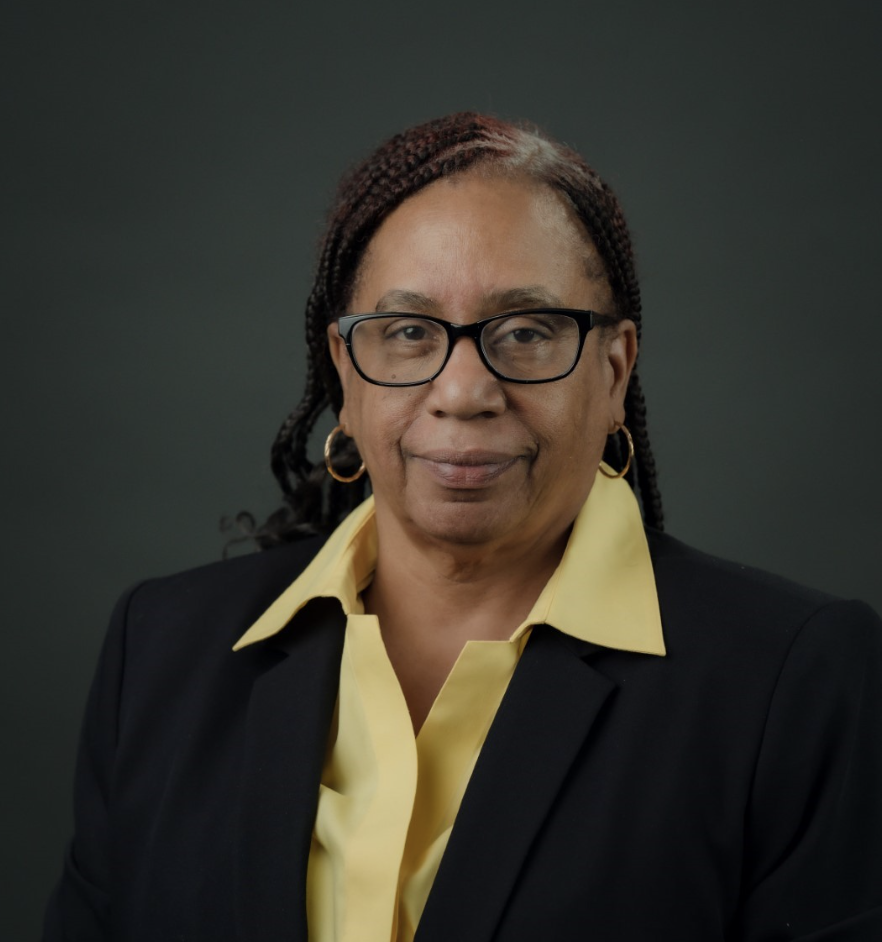
Barbara Boyce is a highly experienced professional with an impressive career spanning 38 years in the field of employment and training. For the past 34 years, she has dedicated her expertise to serving the North Carolina Community College System, establishing herself as a respected figure in the industry. Currently retired, Barbara continues to make a significant impact as a Workforce Consultant for state and local community colleges. Her extensive knowledge and experience in various aspects of the field have played a vital role in shaping policies and programs that benefit both students and employers.
Barbara’s areas of expertise encompass State-Level Leadership, Workforce Development, Employability Skills Training, Program Management, Grant Administration, Program Evaluation, Strategic Planning, and Policy Development. Her guidance and leadership have been crucial in facilitating the growth and success of these initiatives, making her a highly sought-after resource in the field. Barbara Boyce’s academic background is equally impressive. She earned a Master’s degree in Agency Counseling from Western Carolina University in 1989, providing her with a strong foundation in understanding the human aspects of employment and training. Additionally, she holds a Bachelor’s degree in Business Administration from UNC-Chapel Hill, highlighting her well-rounded knowledge in both business and counseling, which greatly contributes to her multifaceted approach to workforce development.
Barbara’s passion and dedication to her work have left a lasting impact on the employment and training field, and her insights continue to benefit individuals, institutions, and communities alike. She serves as a beacon of wisdom and a true advocate for creating opportunities and promoting employability for all.
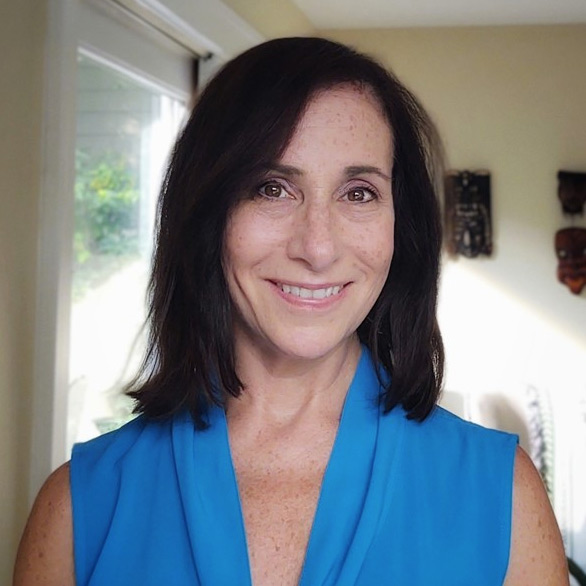
In her role as Executive Director, she will work closely with the Board to realize NYEC’s strategic goals and vision, as well as enhancing the value of NYEC membership, broadening fund development, and strengthening the voice of young people in NYEC’s work and in the national conversation and policies that affect them.
Dr. Haley’s previous work includes serving as the Deputy Director and Interim CEO of the Connecticut Coalition to End Homelessness, where she directed efforts to transform the homelessness response system. She spearheaded improving infrastructure to serve young people, which resulted in a 50% reduction in youth homelessness in two years. In addition to her 20 years of non-profit management, as an adjunct professor she has taught courses in race and politics, comparative politics, development and political theory.

Chris was born and raised in Kinston. At age fourteen, Chris started a nonprofit organization operating at the intersections of youth empowerment and community development. From transforming vacant lots into neighborhood amenities, to building platforms for young people to be involved in government and make their voices heard, this organization works to ensure that Chris’s peers and local community are both thriving. Since 2016, Chris has served as a Commissioner on the North Carolina Governor’s Crime Commission, an advisory board to the Governor on issues relating to crime, justice, and law enforcement. In November 2021, Chris won an election to the Kinston City Council and became the youngest elected official in North Carolina. As a City Councilmember, Chris works hard fighting for a Kinston where every citizen can thrive.

Kevin Austin has been employed with Austin Electrical Enclosures since 1983 and currently serves as the vice president of manufacturing. He was elected as County Commissioner in Yadkin County in 2008 and served as the President of the North Carolina Association of County Commissioners from 2018 to 2020. Kevin has participated in several governmental board and committees and is currently the Chair of the Piedmont Authority for Regional Transportation. He is also active in his community and serves on the board of several civic and community organizations, including the Yadkin County Chamber of Commerce. Kevin has received numerous honors and awards and enjoys reading, motorcycle racing, and spending time with family in his spare time. He received his B.S. in engineering operations from North Carolina State University.

Holdsclaw joined the School of Government in 2022. As research associate for the ncIMPACT Initiative, Abigail Holdsclaw supports the research and evaluation efforts of the team, primarily through curriculum and materials development, program coordination, and implementation of the Carolina Across 100 initiative.
She earned dual bachelor’s degrees from UNC-Chapel Hill in Public Policy and Interdisciplinary Studies: “Race in the United States’ Education System” and is currently pursuing her MPH in Health Behavior at Gillings School of Global Public Health.
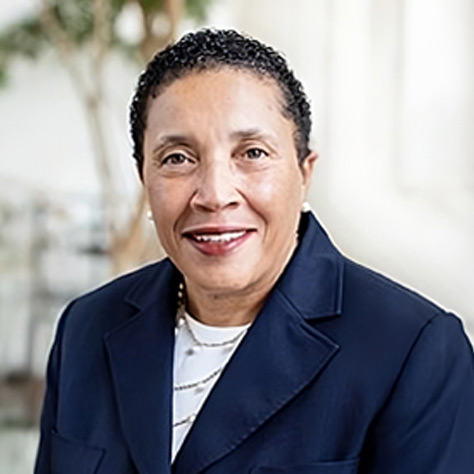
Francesca D. Gary (Fran) is the Senior Vice President of Government Markets for Blue Cross and Blue Shield of North Carolina (Blue Cross NC). In her role, she leads work in the Government market segments, including Medicare, FEP and Medicaid, through Healthy Blue. Prior to joining Blue Cross NC, she was the president of the East Region of Medicaid, within the Government Business Division of Anthem Inc. During her time at Anthem Inc., she was primarily responsible for leading the fiscal, operational management, legislative and regulatory objectives for this region. Additionally, she oversaw planning, strategy and performance execution for the Medicaid health plans and alliance collaborations within the region.
Previously, Fran served as senior vice president of Federal Government Solutions (FGS) at Anthem, Inc., leading a federal business group comprising National Government Services (NGS) and WellPoint Military Care, both subsidiaries of Anthem, Inc., as well as the Blue Cross Blue Shield Federal Employee Program®. Prior to that role, Fran served as chief operating officer and then president of Amerigroup Georgia. Before that, she served as vice president of national contracting and provider network management with Health Net and held other positions in the industry focused in the areas of market operations, network contracting and development, provider operations, medical and quality management, marketing, and financial operations.
Fran received an undergraduate degree from the United State Naval Academy and earned her MBA from Brenau University.

Margaret Barrett joined the Carolina Center for Public Service after working in the nonprofit sector for 18 years, first as executive director of the Orange County Rape Crisis Center in Chapel Hill, and later in the development department of Ipas, an international nongovernmental organization. She is excited to return to the Carolina community where she last served as associate dean of students and judicial programs officer in the Division of Student Affairs. In that role, she was the adviser to many student organizations, including the Honor Court and the Student Attorney General’s staff. Margaret received her BA with a major in Political Science from UNC-Chapel Hill in 1987 and her law degree from Carolina in 1991. In 1998, Barrett was inducted into the Order of the Grail/Valkyries and the Order of the Golden Fleece at Carolina and in 2009 she received the Community Member Award for significant contribution to the enhancement of diversity at Carolina. As associate director of the Center for Public Service, Barrett focuses on administration; evaluation and assessment; and campus, community and national engagement in support of the Center’s mission.

Who Are Opportunity Youth?
Opportunity Youth are young adults ages 16 to 24 who are not enrolled in school and not working full or part time. These individuals are sometimes referred to as disconnected youth, however, at Carolina Across 100 we prefer “Opportunity Youth” because it captures our sense of optimism that all young people can thrive if we provide the systems, tools, and resources necessary for navigating this period of life.
Stories of Thriving from across North Carolina
Our hope is that, alongside our community teams, we can take these individual “stories of thriving” and create systems-level programming across the state that creates accessible on-ramps to education and employment.



